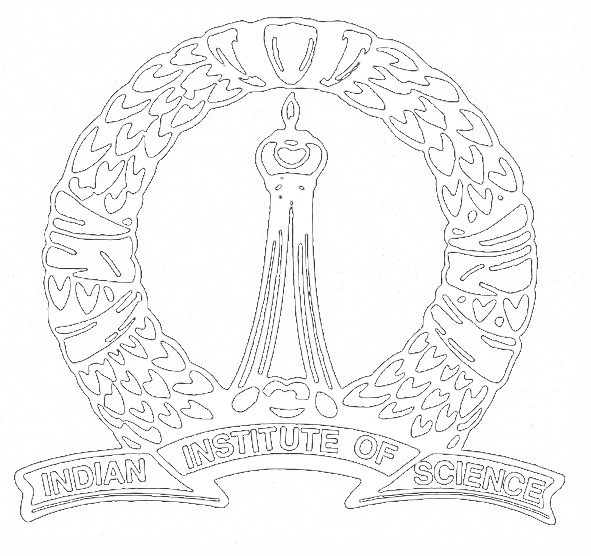Eigenfunctions Seminar
Title: Positive mass theorem and the Yamabe problem
Speaker: Ved Datar (IISc Mathematics)
Date: 01 February 2019
Time: 3 – 5 pm (with a 15 minute break at 3:45)
Venue: LH-1, Mathematics Department
As a natural generalization of the classical uniformization theorem, one could ask if every conformal class of Riemannian metrics contains a metric with constant scalar curvature. In 1960, Yamabe attempted to solve the problem, and gave an incorrect “proof” of an affirmative answer to the above question. Yamabe’s idea was to to use techniques from calculus of variations and partial differential equations to minimize a certain functional, now named after him. Building on some work of Trudger, Aubin solved the Yamabe problem under an additional analytic condition, namely that the Yamabe invariant of the manifold is strictly smaller than the corresponding for the n-dimensional sphere. Aubin was able to verify this analytic condition for all manifolds of dimension strictly greater than 5 that are not locally conformally flat. Most remarkably, the problem was finally solved by Schoen in 1984 using the newly proven positive mass theorem of Schoen and Yau, which in turn has origins in general theory of relativity. A curious feature of Schoen’s proof is that it works precisely in the cases left out by Aubin’s result.
In the first part of the talk, I will provide some background in Riemannian geometry, and then describe the developments surrounding the Yamabe problem until Aubin’s work in 1976. A recurring theme will be the role played by the n-dimensional sphere and its conformal transformations, in all aspects of the problem. In the second part of the talk, I will describe the positive mass theorem, and outline Schoen’s proof of the Yamabe problem in low dimensions and for locally conformally flat manifolds. Most of the Riemannian geometric quantities (including scalar curvature, gradients, Laplacians etc.) will be be defined in the talk, and so the hope is that both the talks will be accessible to everyone.
- All seminars.
- Seminars for 2019
